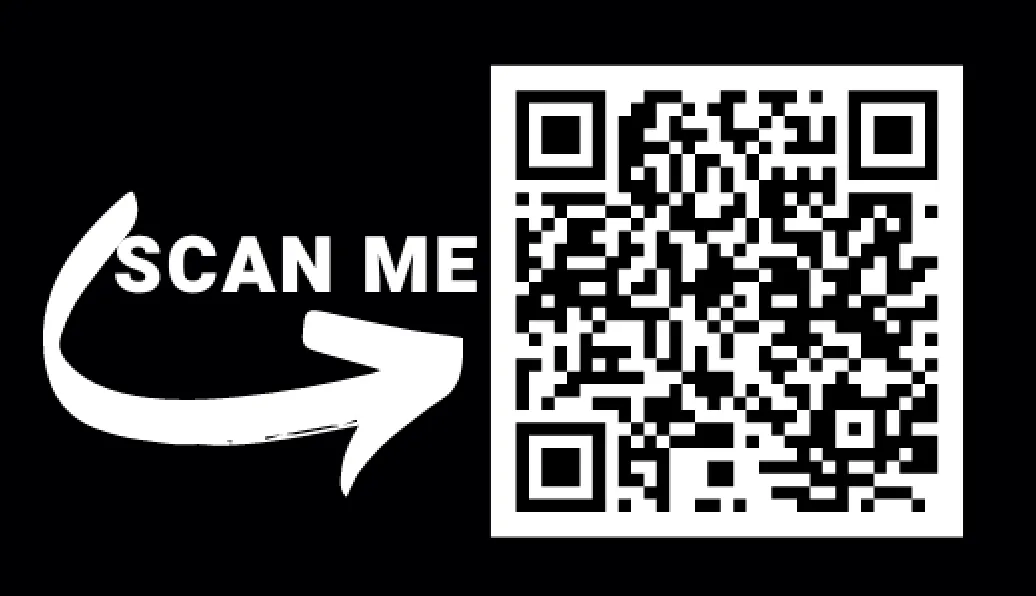

Who is Angele Hagam?
Founder of Ace Scale Consulting, Serial Entrepreneur, and Life Long Student.

Meet Angele Hagam




Make the world a better place through entrepreneurship
As the eldest among ten siblings, Angele's journey into leadership and entrepreneurship began at an early age. At age 5, despite being sent to live with her aunt who became her second parent and raised her as the only child, Angele's sense of responsibility for others motivated her to sell cookies and seasoned goods during weekends and school breaks from age 10. By the age of 24, she ventured into the entrepreneurial realm by establishing a successful car wash business, employing a team of 13 individuals.
Angele's path took a challenging turn at age 26 when she purchased her first home, which she fondly named the "family home." Unfortunately, it proved to be a misguided investment, marred by a lack of proper systems that led to a dual sale of the property. Simultaneously, her car wash business, which was under her brother's management, faced closure due to mismanagement. Then, the end of a partnership in a contracting business providing raw material to a manufacturing firm added further complexity to her journey. her world was upside down and the pressure of taking care of her son and other family members motivated her to keep searching for better opportunities.
In the face of adversity, Angele discovered inspiration in Robert Kiyosaki's books, guiding her into the realm of Real Estate. By 2008, she had become a Real Estate Broker, channeling her entrepreneurial spirit into the founding of a construction company in 2009. Weathering the financial crisis, Angele transitioned to corporate America before joining a Business Consulting firm. Her nationwide travels involved assisting Small to Midsize Business Owners in establishing processes that would facilitate the growth of their enterprises.
Angele's fulfillment lies in the impact she makes, as expressed by grateful business owners: "Angele, thank you so much. That cash management system you put in place is the best thing that ever happened to our business. Thank you!" Recognizing the pivotal role of business owners in the economy, Angele emphasizes their contribution not only through taxes but also by creating employment opportunities that enable individuals worldwide to support their families.
In response to the challenges posed by the Covid-19 pandemic in 2020, Angele founded Ace Scale Consulting, LLC, focusing on assisting local companies. However, a significant health setback prompted her to reevaluate her priorities, reinforcing the importance of maintaining one's health.
Angele's guiding philosophy centers on the transformative power of thought. She firmly believes in the potential for individuals to improve their lives through the choices they make, urging aspiring entrepreneurs to embrace strategic thinking, genuine care for people, adaptability to market demands, relentless effort in expanding their influence, and, above all, prioritizing their health by listening to their bodies.
Why we use this software?
Best CRM
This All-In-One Tool for successful Businesses called ACE SCALE SYSTEM is a software that offers CRM, email marketing, two-way text, landing pages, sales funnels, call tracking, reputation management, SMS marketing, social media scheduling tool and much more in a single platform.

Angele's BLOG POSTS

Striking the Balance: A Business Owner's New Year's Resolutions for Prosperity and Well-Being
Success is not just a destination; it's a meticulously planned journey.
Introduction:
As the New Year dawns, business owners find themselves at the crossroads of ambition and responsibility. While the pursuit of success is inherent, let's not overlook the crucial resolution of achieving a harmonious balance between proper management and personal health. In a world where financial prosperity often takes center stage, this year, let's broaden our resolutions to encompass the holistic well-being of both our businesses and ourselves.

With that said, here are 3 New Year's Resolutions for Business Owners to start working on today! 👊
1. Financial Fitness:
Audit and Optimize Finances:
The start of the year is an opportune moment for a comprehensive financial audit. Scrutinize your expenses, identify areas for optimization, and align your financial strategy with the overarching goals of your business. A leaner financial approach can pave the way for sustainable growth.
Invest in Professional Development:
Your business is only as strong as the skills at its core – yours. Allocate time and resources for continuous professional development. Attend workshops, pursue relevant courses, and stay abreast of industry trends. The investment in your knowledge pays dividends in the success of your enterprise.
2. Mental Health Matters:
Stress Management Strategies:
The weight of running a business can be heavy. Acknowledge the toll stress takes on decision-making and overall well-being. Implement stress management techniques such as mindfulness, regular breaks, and cultivating a positive work environment. A mentally resilient leader steers a more robust ship.
Delegate and Collaborate:
The belief that one must carry the entire business on their shoulders is a common pitfall. Recognize the strength of collaboration and the power of delegation. Empower your team to take on responsibilities, fostering a culture where collective efforts drive success and alleviate individual burden.
3. Healthy Business, Healthy You:
Implement a Wellness Program:
Invest in the health of your most valuable asset – your employees. Consider introducing a wellness program that promotes physical health, mental well-being, and a positive workplace culture. Healthy and engaged employees are the cornerstone of a thriving business.
Balance Work and Life:
Striving for a balance between work and personal life isn't a luxury; it's a necessity. Burnout is the antithesis of success. Establish clear boundaries, take breaks, and cherish personal time. A well-balanced life fuels sustained professional excellence.
Conclusion:
In the tapestry of resolutions for the coming year, let's weave threads of financial acumen and mental resilience. By embracing proper management practices and prioritizing our health, we lay the foundation for a prosperous and fulfilling journey. As you embark on this resolution, remember that the health of your business is intrinsically linked to your own well-being. May the New Year be a testament to your ability to navigate both with grace and success.
Business Financial Audit Checklist:
Here is a quick checklist to get you started with your financial audit. Remember imperfect action beats inaction, get started and seek help if needed.
1. Financial Statements:
Review Income Statement (Profit and Loss Statement) for revenue and expenses.
Examine Balance Sheet for assets, liabilities, and equity.
Analyze Cash Flow Statement to understand the cash position.
2. Revenue and Sales:
Verify accuracy of sales records.
Confirm that revenue is recorded in the correct accounting period.
Check for any uncollected or overdue accounts receivable.
3. Expenses:
Scrutinize all operating expenses for accuracy and necessity.
Review fixed and variable costs.
Identify any unusual or unexpected expenses.
4. Accounts Payable:
Confirm that all accounts payable are accurately recorded.
Ensure timely payment of bills to avoid late fees.
Verify the accuracy of vendor statements.
5. Cash Management:
Reconcile bank statements with accounting records.
Verify the accuracy of cash transactions.
Evaluate cash flow trends and projections.
6. Budget vs. Actual:
Compare budgeted figures with actual results.
Identify and analyze significant variances.
Adjust future budgets based on insights gained.
7. Inventory:
Conduct a physical inventory count.
Compare actual inventory levels with recorded amounts.
Evaluate slow-moving or obsolete inventory.
8. Loans and Debt:
Verify outstanding loan balances.
Check compliance with loan covenants.
Assess the impact of interest rates on loan payments.
9. Tax Compliance:
Ensure timely filing of all required tax returns.
Review tax deductions and credits.
Verify compliance with tax regulations.
10. Internal Controls:
Evaluate the effectiveness of internal controls.
Identify and address any weaknesses in the control environment.
Ensure segregation of duties to prevent fraud.
11. Insurance Coverage:
Review existing insurance policies for coverage adequacy.
Verify premium payments and renewal dates.
Consider adjustments based on changes in business operations.
12. Legal Compliance:
Confirm compliance with all applicable laws and regulations.
Review contracts and agreements for any potential issues.
Address any outstanding legal matters.
13. Financial Ratios:
Calculate key financial ratios (e.g., liquidity, profitability, solvency).
Compare ratios to industry benchmarks.
Identify areas for improvement or optimization.
14. Documentation and Record-Keeping:
Ensure all financial transactions are properly documented.
Maintain organized and accessible financial records.
Implement a secure backup system for financial data.
15. Financial Forecasting:
Update financial forecasts based on audit findings.
Incorporate insights gained into future financial planning.
Establish strategies for mitigating potential financial risks.
16. Audit Report:
Compile a comprehensive audit report detailing findings.
Provide recommendations for improvement.
Share the audit report with relevant stakeholders.
17. Follow-Up Actions:
Implement corrective actions based on audit recommendations.
Monitor and track progress on corrective measures.
Schedule regular follow-up audits for continuous improvement.
Book a call with me
Copyright Angele Hagam 2026 -- All Rights Reserved






